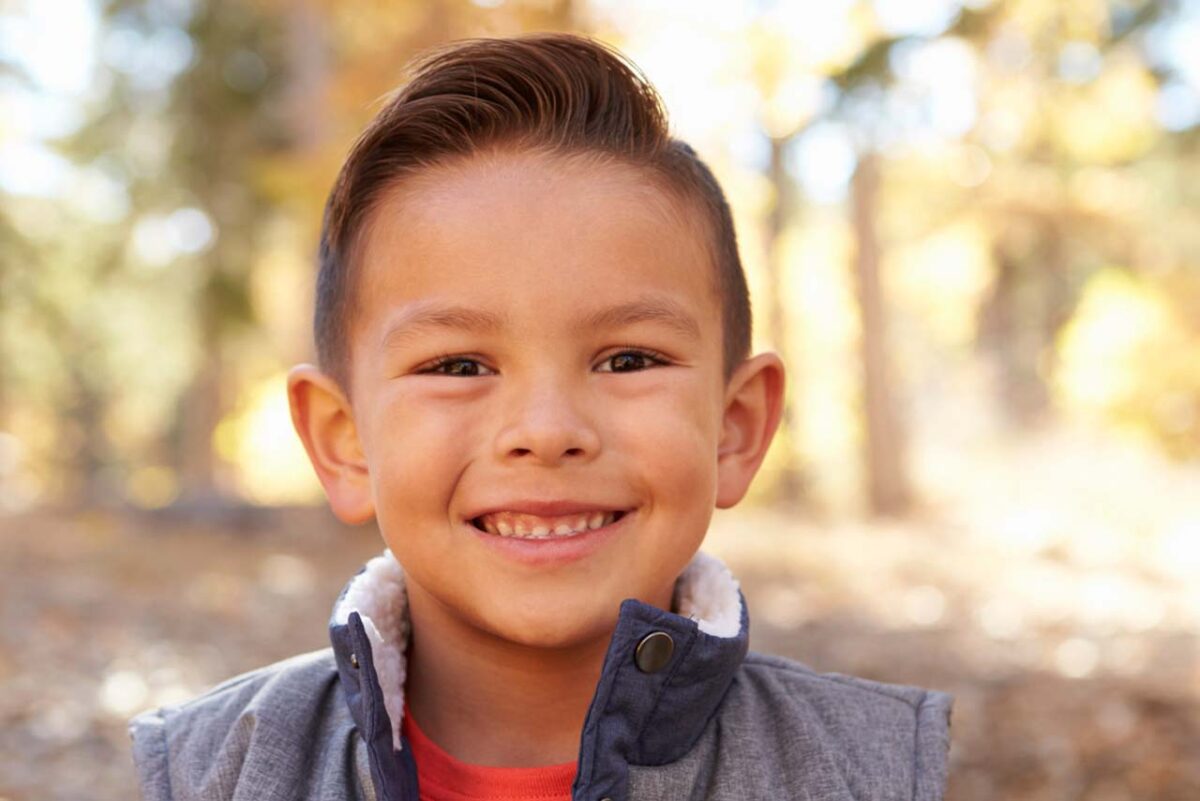-
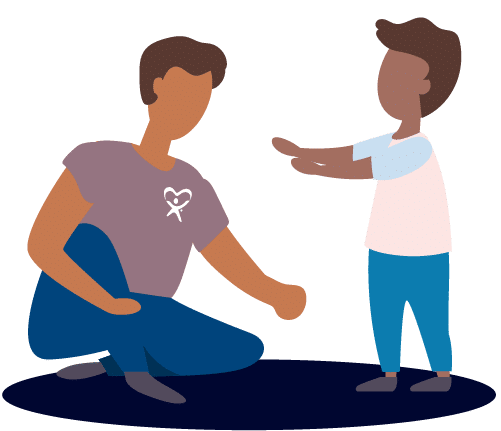
Our volunteers get to know the child:
- They listen.
- They talk to the people in the child’s life to find out what they need to heal and thrive.
- They make sure the child is safe.
- They help the child reach a safe, permanent home.
-
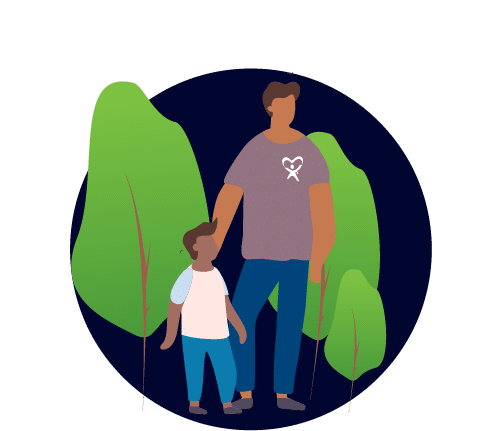
CASA Volunteer Advocates give a child a voice:
- They report the child’s wishes and recommendations for their best interest in written and verbal reports to the Juvenile Court.
- They empower children to speak up and express concerns, views and wishes in meetings.
- They speak for the child and help the child’s team stay focused on the child’s needs first.
- They communicate the strengths of a child and their family and help others build a plan that meets their individual needs.
-
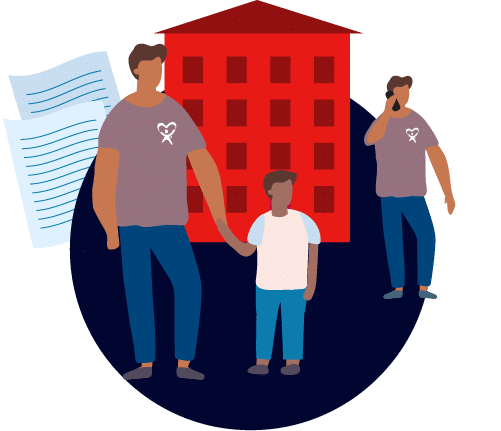
CASA Volunteers find creative solutions so their needs are met:
- They advocate for services to be put in place to address the root causes of family issues.
- They research and find resources to recommend to ensure children in foster care have every opportunity to thrive.
- They work directly with parents and other caregivers to ensure they have access and are empowered to utilize services like housing, employment, and mental health treatment.
- They facilitate conversations with everyone involved in the life of a child so that services can be coordinated.
- They investigate and research family placement options that DCS may not have time or resources to locate.
-
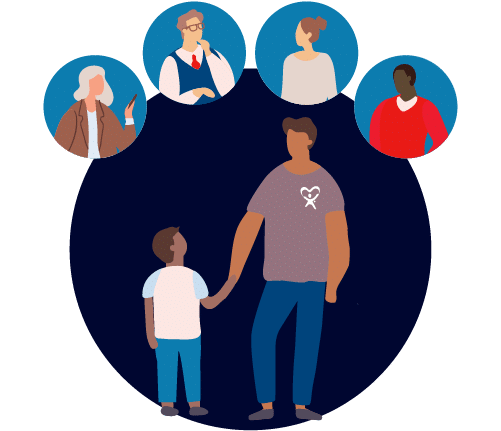
CASA Volunteers focus on the whole child:
- They advocate for health and wellness services.
- They participate in educational meetings and advocate for tutoring and Individual Education Plans (IEPs).
- They encourage and help children build competencies and life skills.
- They attend extracurricular activities in support of a child, and make sure they have someone there for them.
- They ensure children in foster care enjoy the ordinary experiences of childhood like attending summer camp, participating in sports, and exploring their own interests.
-

CASA Volunteers keep children in contact with their family:
- They advocate for regular, consistent, and sometimes therapeutic parental visitation.
- They work to keep sibling groups in one foster placement whenever possible.
- When siblings are separated, they advocate for sibling visits and facilitate communication between siblings.
- They investigate alternative placements with family members that DCS and others may have overlooked or unknown as potential long term guardians.
- They advocate for adoption as a last resort, and work to ensure every child has a family to call their own.
How We Help Children and Families
CASA volunteers work to help a child get to a permanent, safe, loving home.
CASA Volunteer Advocates work hard to hold onto hope for children and their families while they are involved with the child welfare system.
No child should grow up in foster care. It is a system designed for short term care while parents or family members work towards being safe, nurturing, and health for their children. Youth placed in group homes or residential facilities don’t fare as well as those in family settings. In advocating for these youth, our volunteers help ensure they are not placed in group care unnecessarily or in a situation that is not good for them.
At CASA Nashville, we are committed to fostering a safe, inclusive, and equitable environment for all children and families. We do not discriminate based on race, color, religion, national origin, sex, sexual orientation, gender identity or expression, age, or disability. Every child and family is treated with respect and dignity, and we embrace diversity as a core value. Our mission is to provide compassionate care where everyone feels valued, supported, and empowered to thrive. Inclusivity is at the heart of everything we do.
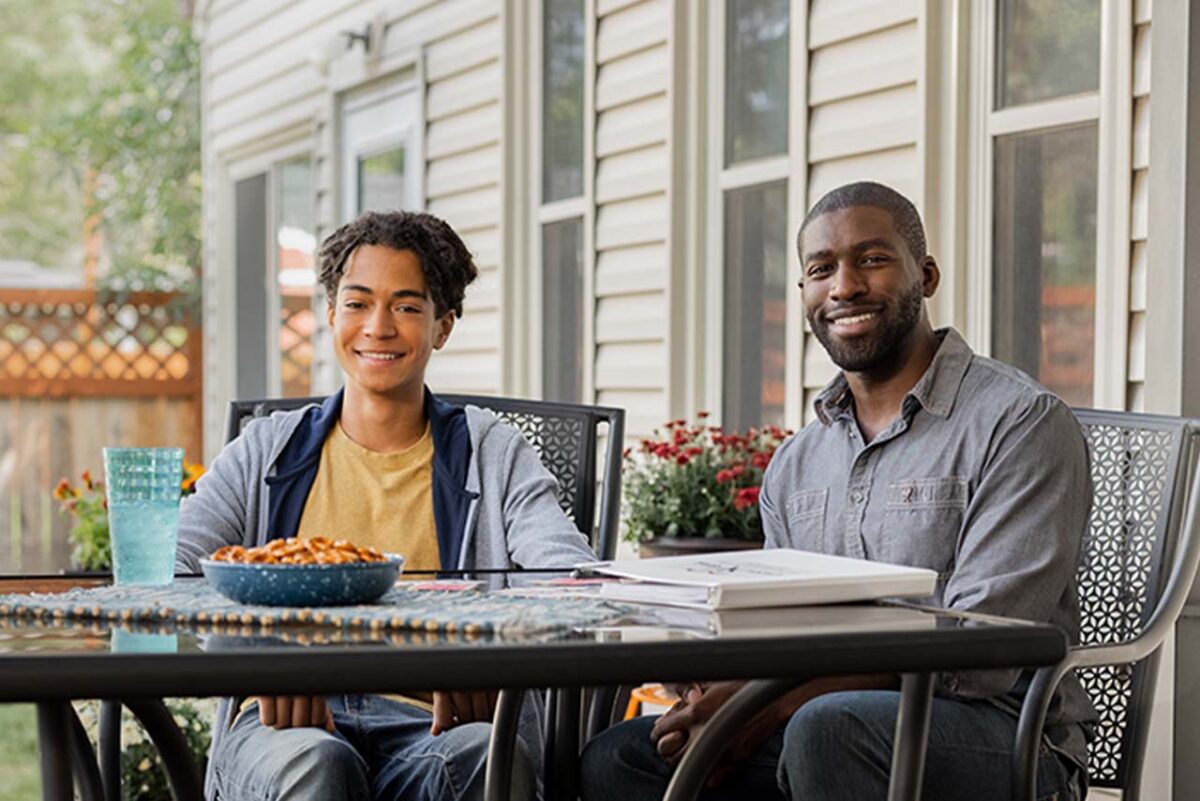
CASA Volunteer Advocates work with families of origin and extended family.
- Most children who are placed in out-of-home care will reunify with their families of origin.
- CASA volunteers identify barriers to families’ engagement in services and find ways to reduce or eliminate them.
- Volunteers are trained in cultural competency. They create supportive environments for families from all walks of life.
- Volunteers encourage connections and visits with extended family, when possible. These connections give children a sense of belonging and unconditional love.
- Volunteers encourage placement in family-like settings whenever possible.
CASA Volunteer Advocates support stable placements.
Moving to placement after placement can be traumatic for children because it reduces their ability to attach to caregivers, can prevent them from building resilience, and can separate children from siblings and others who support them. It can also impact their progress in school. By recommending services to help stabilize placements, CASA volunteers reduce the chaos in children’s lives.
66
Cases closed due to children finding permanent homes (2020-21)
70%
Cases closed through adoption, guardianship of family, or reunification with parents
99%
Children served by CASA who do not re-enter the foster care system within 6 months of reunification (which is the critical window to determine successful reunification, according to national child welfare research)
Have your heard about our STARFISH program?
Serving Teens at Risk and Families in Need of Support and Hope
“CASA volunteers play a unique role on behalf of some of our most vulnerable children. Their commitment, vigilance and persistence offer hope where there has been little.”
– Marian Wright Edelman, Founder of the Children’s Defense Fund
CASA Volunteer Advocates are ordinary people, just like you, with an extraordinary desire to help a child find a safe and permanent place to call home.
Bring positive change to the lives of these vulnerable children but also their children and generations to come. And in doing so, you will enrich your life as well.
